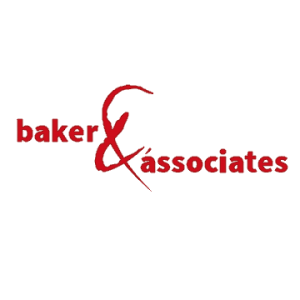
Options if Chapter 13 Fails
This can happen for reasons like a loss of income or increase in the amount deemed necessary to repay a creditor. Consider a loss in income. If you were to lose your job, suffer an injury or illness that prevented you from working or experienced the loss of a spouse, you might be left with less income than you had at the time of your Chapter 13 filing. Changes of this magnitude would impact your ability to make your payments and leave you without the debt discharge you had been working towards. Here are some solutions:
Modify your Chapter 13 plan. You can always go back to the court to request a change to your plan. It is possible to ask the court to lower your monthly payments with the help of your Houston bankruptcy lawyer. By amending your plan you can develop a new budget that fits your new income level.
Switch to a Chapter 7. While you may not have qualified for a Chapter 7 bankruptcy initially, a substantial change to your income could now make it possible. If your income level is no longer high enough to sustain your Chapter 13 bankruptcy, you may be able to convert it to a Chapter 7 bankruptcy.
Hardship Discharge. When income changes are extreme, you may qualify for a hardship discharge. In some cases the court will grant a discharge when a Chapter 13 isn’t feasible and a Chapter 7 isn’t an option either. Your Houston bankruptcy lawyer can help you determine if this is possible and make a formal request to the court.
